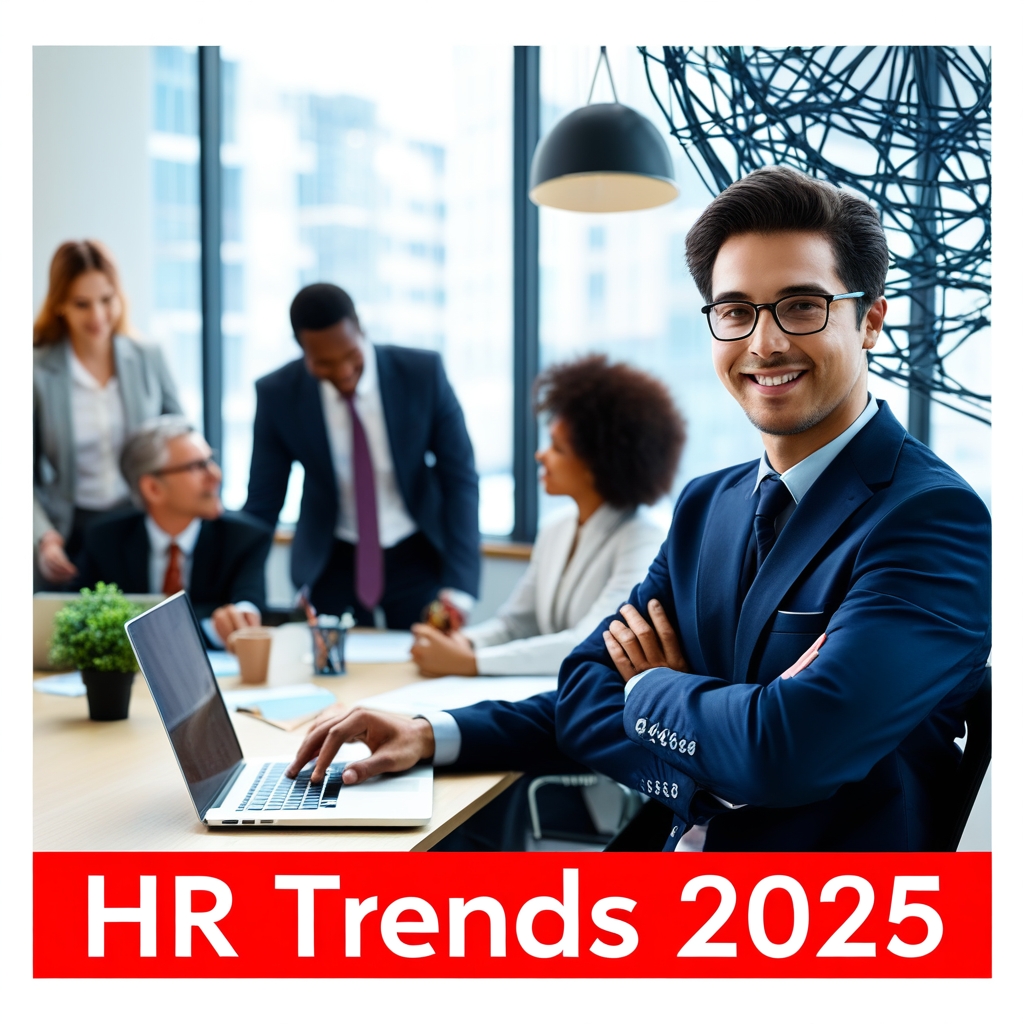
Heading into 2025, HR is starting to experience significant transformations, with new trends reshaping how companies will manage talent and foster workplace success. From AI-powered recruitment and flexible work models to a stronger focus on employee well-being and diversity, HR departments will be key in promoting business growth.
AI and Automation in Recruitment
AI and automation are shaping how organizations tackle talent acquisition and hiring. AI tools are able to match candidates to job openings based on skills, experience, and cultural fit, allowing HR teams to quickly identify the most suitable applicants. By leveraging predictive algorithms, it can help in anticipating future skill needs, recruitment and training. As AI evolves, it provides insights into employee engagement and talent management, enabling HR teams to make data-driven decisions.
HR functions should also consider implementing AI-powered tools for resume screening, use predictive analytics to forecast hiring needs, and use chatbots to improve candidate engagement. Adopting AI and automation is essential for companies seeking stronger, more diverse teams while cutting hiring costs.
Employee Experience Focus
Creating an exceptional employee experience is an important aspect in gaining a competitive advantage for companies looking to attract and retain top talent. From the first day of onboarding to continuous employee development, every moment of an employee’s journey plays a pivotal role in boosting their engagement, productivity, and satisfaction. A seamless and personalized onboarding process ensures that new hires feel welcomed and supported, laying the foundation for long-term success. Additionally, offering continuous learning and development opportunities, career growth pathways, and regular performance feedback fosters a culture of growth and keeps employees motivated. By prioritizing employee experience, HR functions can create an environment where employees feel valued, which ultimately reduces turnover and improves employee retention.
Hybrid Work Models
As hybrid work models become increasingly popular, organizations are starting to adopt a mix of in-office and remote work to meet business needs and employee preferences. These flexible arrangements offer numerous benefits such as improved work-life balance, increased productivity, and access to a wider pool of expertise. However, these also introduce new challenges. For HR teams, managing hybrid work requires a shift in how they approach employee engagement, communication, and performance management. Companies must invest in the right technology, such as collaboration tools and virtual meeting platforms, to ensure seamless interaction and maintain a strong organizational culture. Long-term, hybrid work models may reshape employee expectations and redefine work-life boundaries, all of which will require ongoing adaptation and careful workforce planning.
Diversity, Equity, and Inclusion (DEI)
Diversity, equity, and inclusion remains a top priority for companies who strive to foster a positive work culture. For businesses to stay competitive, businesses must prioritize DEI programs that ensure equal opportunities for all employees, regardless of their background. These initiatives are crucial for fostering a more inclusive work environment, enhancing employee engagement, and improving employee retention.
For companies to effectively implement DEI, they have to focus on investing in diversity initiatives, offering bias training and promoting pay equity. By focusing on DEI strategies, companies can attract a more diverse talent pool, drive innovation, and strengthen their overall organizational culture. Embracing diversity and inclusion not only promotes fairness but also contributes to long-term business success and a positive employer brand.
Mental Health Programs
In recent years, mental health has become an increasingly important issue in businesses. Employees who struggle with mental health issues can lead to decreased engagement, reduced productivity and high employee turnover rates, thus affecting the entire success of a company. Therefore, as companies see the link between mental health issues and overall job satisfaction, they become more understanding and support their employees more which leads to higher productivity and engagement.
Having professional HR consultants is important as they can support mental health issues in companies by implementing mental health policies, such as offering Employee Assistance Programs (EAPs) and promoting mental health education. HR functions can encourage better work-life balance through flexible policies, provide access to mental health resources and foster a supportive work environment. Additionally, HR can support employees’ return-to-work plans after mental health-related leave, contributing to a healthier, more engaged, and productive workforce.
